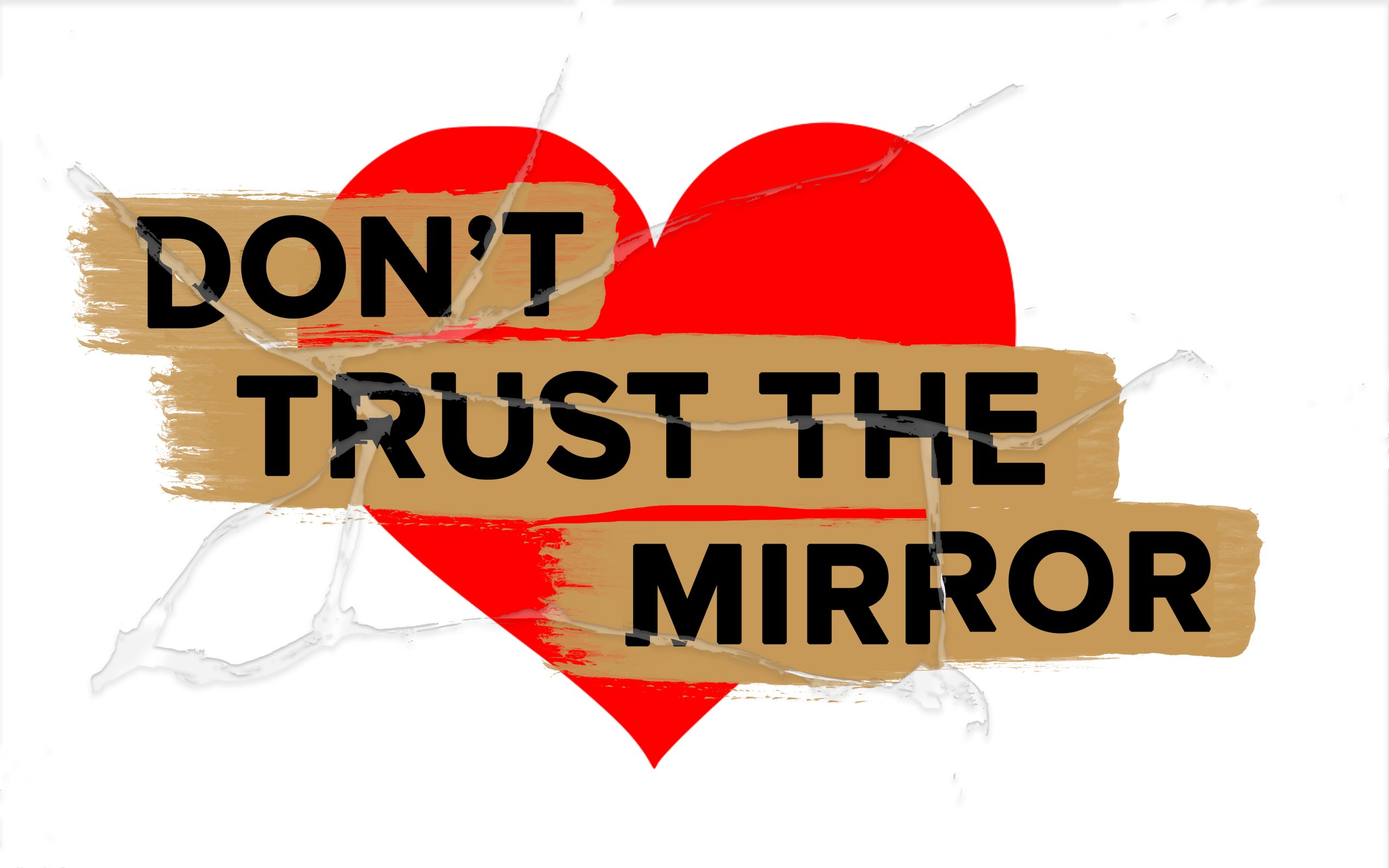09 Nov Recognizing an Eating Disorder Relapse
The road to recovery from an eating disorder is different for everybody. While some require stays at specialized facilities others may only need outpatient treatment. The time needed to make a full recovery also differs. It can take weeks, months or even years. One should expect the journey to always have its ups and downs – including relapse.
The first impulse is to view relapsing as a horrible, shameful experience. Many feel profound disappointment that all their hard work and progress is gone, but this is really not the case. Relapses are common and eating disorder experts consider them a natural part of the process. In fact, a majority of those who make full recoveries from eating disorders report having had some degree of relapse.
What’s essential is to recognize a relapse and take action so you can get back on the recovery track as soon as possible.
Relapse warning signs
- Straying from the established recovery eating schedule
- Adopting a particular type of restrictive diet
- Withdrawal or depression
- Avoidance of a specific food for no particular reason
- Engaging in rigid eating patterns
- Bingeing or purging behaviors
- Excessive exercising or choosing exercise over social activities
- Daily weighing or other “checking” behaviors like measuring or pinching fat
- Looking in the mirror often
- Being dishonest with those helping you
- Wanting to be in control all the time
- Increase in obsessive thinking about food and weight
- Wanting to isolate
- Perfectionistic attitude
- Wearing only loose-fitting clothes
- Feeling disgusted with yourself after eating
- Believing you will be happy and successful if thin
- Feeling of being “too fat,” even though people say otherwise
- Significant change in weight in either direction
Remember, if you experience any of the warning signs above try not to be critical of yourself. Instead, follow these tips:
Seek professional help ASAP – Help is always a phone call or email away. Connect with a professional who specializes in eating disorders. They’ll help you redouble your efforts, keep you motivated and implement strategies so you can achieve a full recovery.
Be honest with your support network – Keep in mind, your family and friends know that your eating disorder presents real challenges, so be honest with them about your setback. The sooner you tell them the sooner they can offer the support you need to carry on.
Remind yourself why you want to recover – Recovery will affect your life in meaningful ways. Write a list of reasons why you want to recover. Include both short- and long-term motivators and read the list often.
Self-care – Try to resist engaging in negative thoughts and behaviors after relapse. Remember you are worthy and deserving of recovery. Occupy your time with healthy activities that make you feel good, such as reading, listening to music, going for walks or spending time with friends.
Reflection – Reflect on what happened and try to transform it into a learning experience. You’re wiser to it now; you know the triggers and you’re much better equipped to handle it the next time.


Sorry, the comment form is closed at this time.